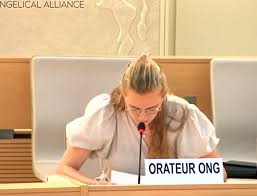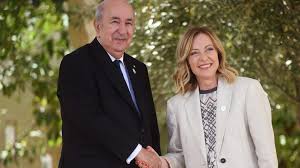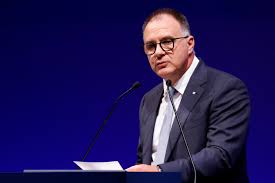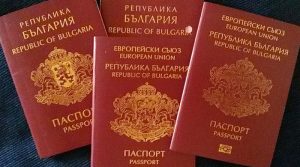UK Rishi Sunak most frequent UK flyer among recent PMs
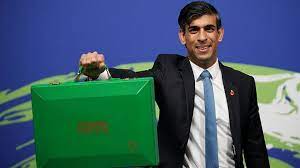
London: Rishi Sunak has used RAF jets and helicopters for domestic flights more frequently than the UK’s previous three prime ministers, the BBC can reveal.
Ministry of Defence data show he took almost one such flight a week during his first seven months in office.
The prime minister has been accused of hypocrisy for flying short journeys domestically, given his pledges to curb planet-warming carbon emissions.
But Mr Sunak has said air travel was the “most effective use of my time”.
In response to Freedom of Information requests, the BBC was told the number of domestic flights on Command Support Air Transport aircraft broken down by prime minister between July 2016 and April 2023.
The RAF division – known as 32 Squadron – operates two Dassault Falcon 900LX jets and a helicopter to transport the PM and other ministers domestically.
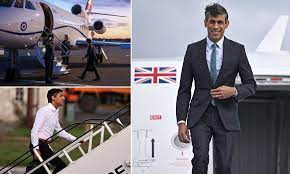
In total, Mr Sunak boarded 23 domestic flights on these aircraft in 187 days, which is one every eight days on average.
Two caveats to bear in mind are the brevity of Ms Truss’s time in Downing Street, and the limitations on Mr Johnson’s travel during the Covid-19 pandemic.
The BBC initially requested data on the number of flights each UK prime minister since Tony Blair had taken using a military aircraft to travel domestically. But the MoD rejected the request on cost grounds and advised asking for data on those flights since Mrs May.
The prime minister sometimes has access to an RAF Voyager plane for overseas trips, and the government also charters private flights on aircraft operated by Titan Airways.
Separately, Mr Sunak has accepted more than £70,000 worth of private jet and helicopter travel to Conservative Party events from political donors this year.
Mr Sunak’s use of flights for UK engagements has come under intense scrutiny, with critics questioning why he had not used the train instead of RAF aircraft for relatively short trips to Newquay, Dover and Leeds this year.
Last month, Mr Sunak said those who say “no one should take a plane” in their approach to climate change were “completely, and utterly wrong”.
Labour said the PM was “developing an expensive habit of swanning around on private jets courtesy of the taxpayer”.
The party’s deputy leader, Angela Rayner, suggested Mr Sunak had breached the ministerial code, which states he is supposed to use scheduled flights, unless “it is essential to travel by air”.
The SNP said the flights data showed Mr Sunak was “completely out of touch” and “grossly hypocritical” after pledging to curb carbon emissions.
A graphic comparing the number of flights taken while in office by recent prime ministers. Theresa May took 83 flights in 1,106 days, which works out as one flight every 13 days on average; Boris Johnson took 57 flights in 1,139 days, which works out as one flight every 20 days; Liz Truss took four flights in 49 days, which works out as one flight every 12 days; Rishi Sunak has taken 23 flights in 187 days up to April this year, which works out as one flight every eight days.
In his speech at the COP27 climate summit last year, Mr Sunak said it was “morally right to honour” the UK’s promise to reduce carbon emissions.
The UK has set a legally binding target of achieving net-zero carbon emissions by 2050, as part of the global effort to avert the worst effects of climate change.
Flights produce greenhouse gases – mainly carbon dioxide (CO2) – from burning fuel, and these emissions contribute to global warming.
Emissions per kilometre travelled from domestic flights are significantly worse than any other form of transport, and private jets typically produce more CO2 than commercial flights.
But carbon emissions vary considerably depending on the size of the plane, how efficient its engines are, and how many passengers it carries.
In 2019, before the pandemic struck, international and domestic UK aviation accounted for 8% of the UK’s total greenhouse gas emissions.
Anna Hughes, whose Flight Free UK campaign urges people to fly less for the sake of the climate, said Mr Sunak’s transport choices were “frustrating”.
She said if leaders demonstrated “the kind of behaviour that we all need to adopt to avert the climate crisis, it communicates that it’s serious and real”.
“You can’t just say I’m the prime minister, I’m too busy and important,” she added.

